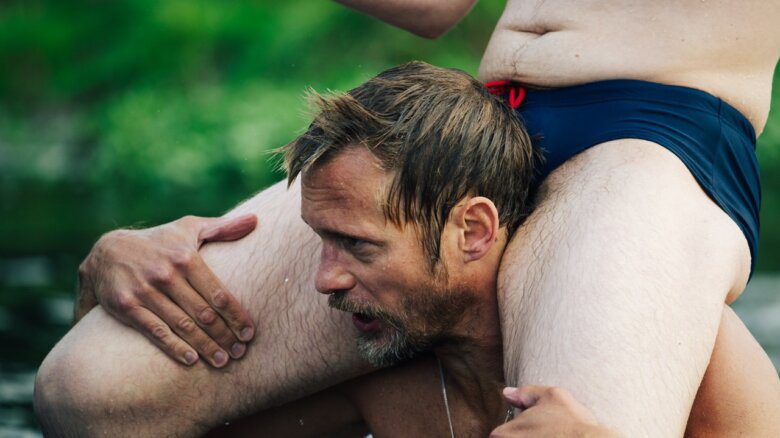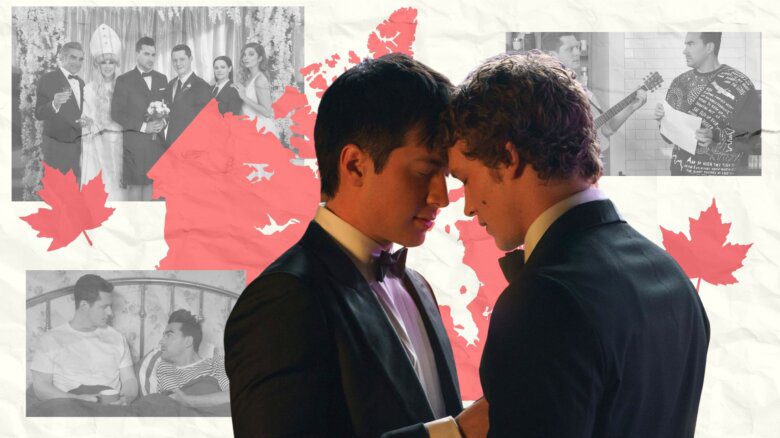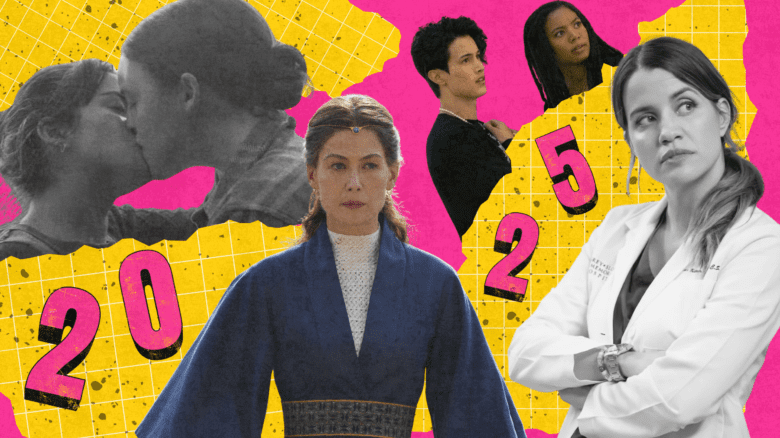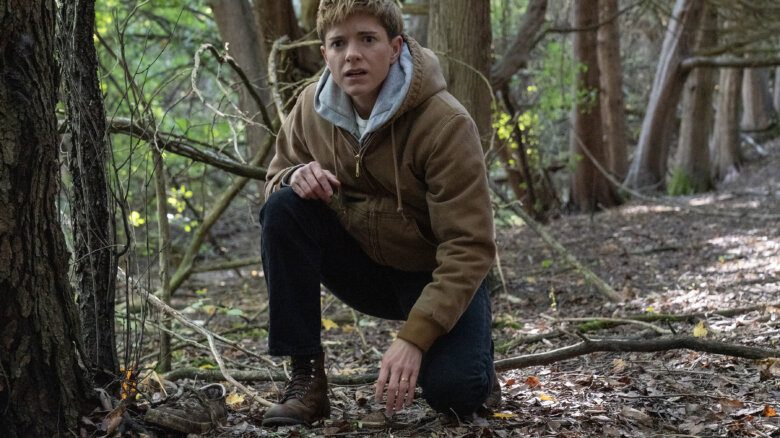When The Wedding Banquet dropped in 1993, it was a big step forward for Asian representation in both film and the LGBTQ2S+ community. Directed by Ang Lee, it was the first Taiwanese-produced film with positive representation of a gay Taiwanese protagonist. It also found instant success, winning best picture at Taiwan’s Golden Horse Film Festival. Furthermore, The Wedding Banquet was nominated at the Academy Awards and the Golden Globes for Best Foreign Language Film.
The film focuses on Wai-Tung, a landlord and Taiwanese immigrant in his late 20s, and his relationship with his Jewish boyfriend, Simon, with whom he lives happily in New York City. Wai-Tung’s parents, however, pressure him to settle down. When his parents come to town, he asks his Chinese tenant, Wei-Wei, to play the role of his fiancée. It’s a deal for both of them: she gets a green card and his parents get off his back. But Wai-Tung’s parents insist on putting on an over-the-top wedding. Of course, ’90s-style mishaps—slapstick and gross-out gags—ensue.
Lee’s Wedding Banquet was emblematic of its ’90s setting, when being part of the LGBTQ2S+ community was largely taboo and discriminated against. Wai-Tung has an inherent fear of coming out to his parents throughout, which is attributed to both the movie’s American setting and Wai-Tung’s Taiwanese background.
Andrew Ahn’s 2025 update, however, is a reflection of the contemporary state of LGBTQ2S+ representation. It’s been a decade since same-sex marriages were legalized in the U.S., so the modern-day Wedding Banquet reflects the nuances of today with a grounded approach to the familiar tale.
In this iteration, you have two couples: Chris (Bowen Yang) and Min (Han Gi-chan), and Angela (Kelly Marie Tran) and Lee (Lily Gladstone). Chris and Min live in a backyard shed on Lee and Angela’s property.
In the early scenes, Ahn depicts the four as a family unit, but their conflicts are quickly exposed. Chris feels unworthy of Min; Angela and Lee plan to have a baby, but find themselves in a financial rut after several rounds of in vitro fertilization (IVF). Their issues collide when Min’s wealthy grandma Ja-Young (Oscar winner Youn Yuh-jung) tells Min that his American visa is about to expire. He either has to work for the family company or return home to Korea. Min asks Chris to marry him, but is rejected. Eventually, he asks Angela instead. In exchange, Min offers to pay for Lee’s IVF. They ultimately agree and the lie begins.
Ahn wrote the film with James Schamus, who co-wrote the original alongside Lee and Neil Peng. The remake’s script takes some plot points from the original, including the faux bride having an unexpected pregnancy and a memorable montage where our protagonists remove gay material from their house.
The film also rectifies some of the failings of the original, such as Wei-Wei’s impregnation, which involves her sexually assaulting Wai-Tung on the night of their wedding. In the update, it’s replaced by consensual drunken infidelity: Angela and Chris get so drunk at a gay bar that they black out and wake up post-coitus, remembering nothing.
The film also highlights its two parental figures: Joan Chen plays Angela’s mom, May Chen, who becomes a staple of the LGBTQ2S+ community by becoming an activist long after Angela came out to her. But Angela resents her mom for never taking the time to emotionally support or nurture her. That baggage stifles how she handles conflict, and that manifests in her relationship troubles with Lee.
My second viewing of the film recontextualized the greatness of Youn’s performance. From the moment Ja-Young arrives in the U.S., it’s clear she’s there with a mission. She knows her grandson is gay but plays her cards close before confronting him about it in person. But throughout the film, Ja-Young grows curious about the life Min has made for himself. She observes his relationships and his pursuit of art. She helps them organize their fake wedding to appease his homophobic grandfather, while commending him for finding his own joy.
Ahn’s Wedding Banquet is a cozy update made for the queer masses. While Lee’s original was for the culture of the ’90s, Ahn’s is for the LGBTQ2S+ community of today. It pays tribute to the original while finding its own tenderness and humour.
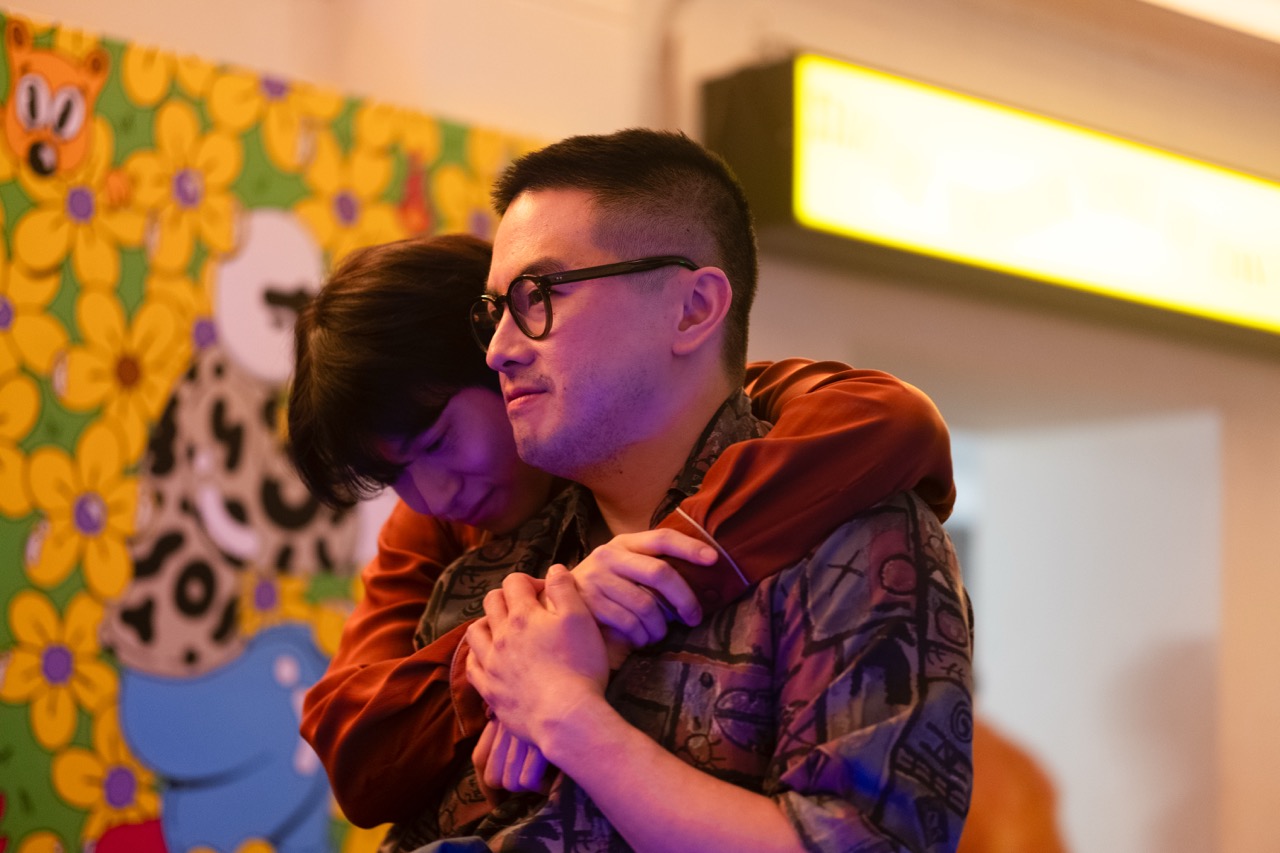

 Why you can trust Xtra
Why you can trust Xtra